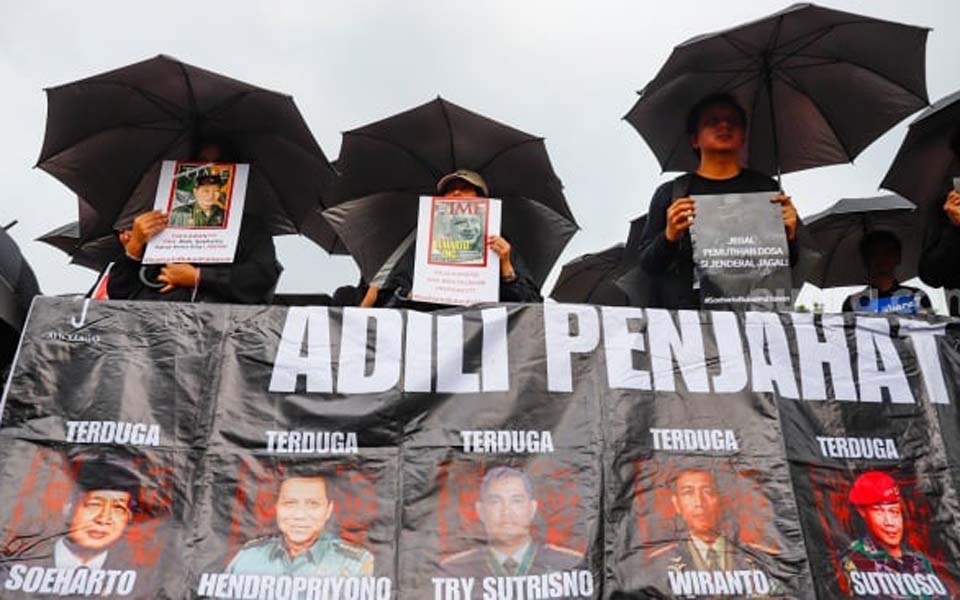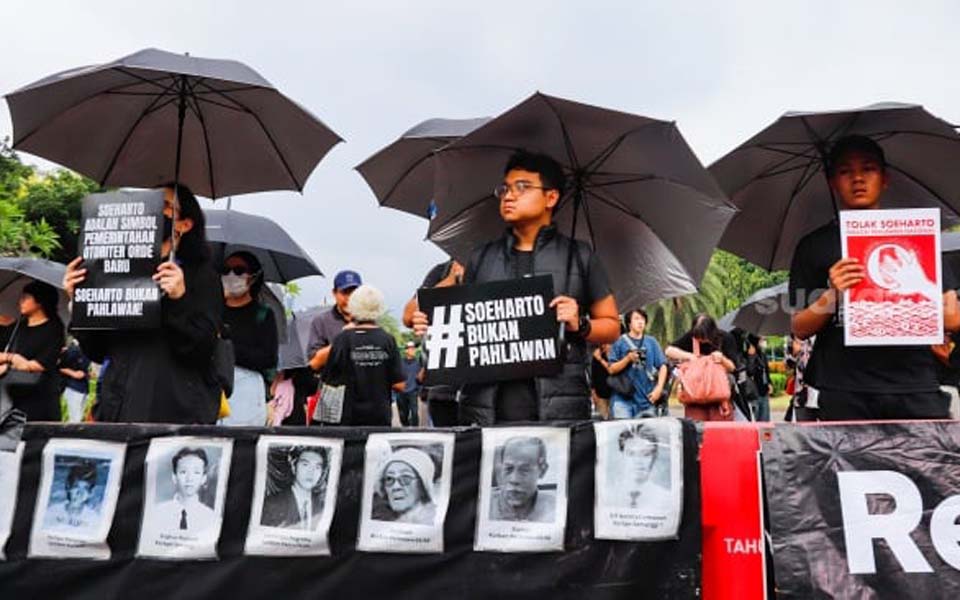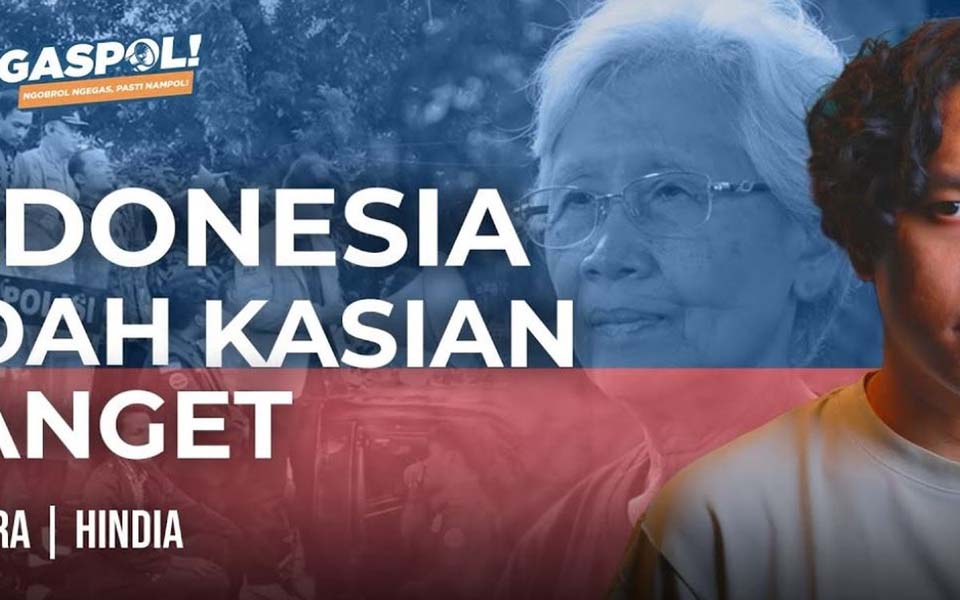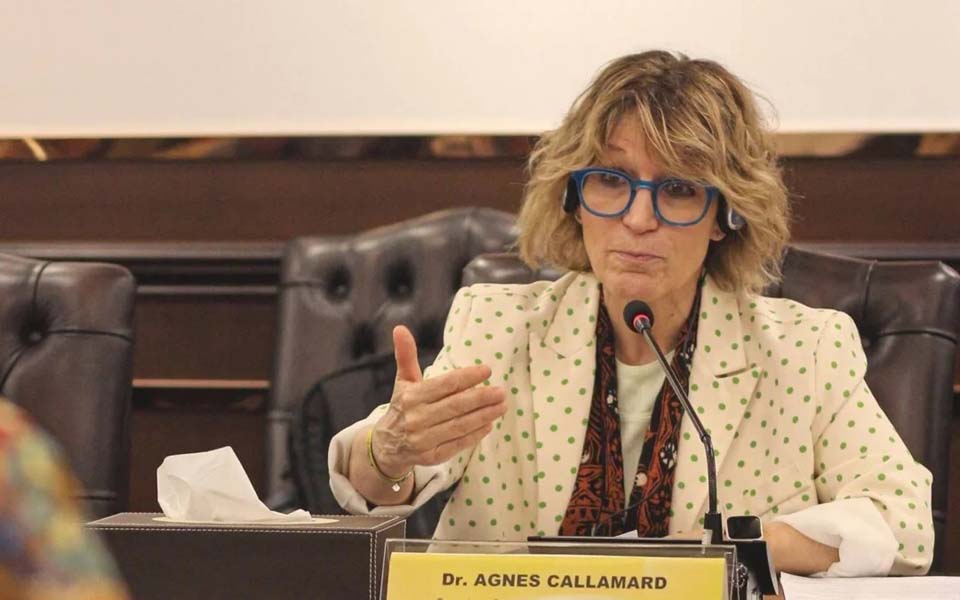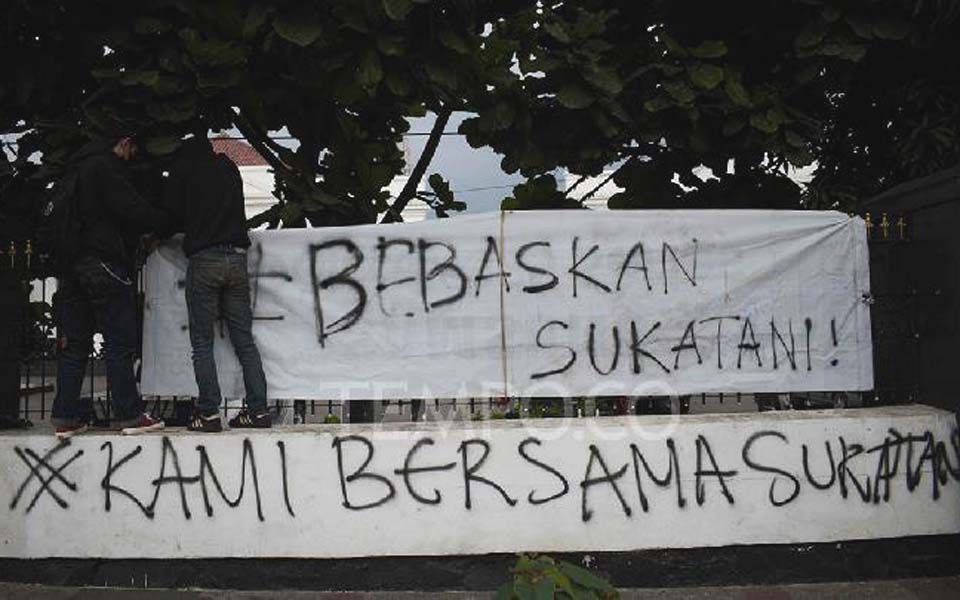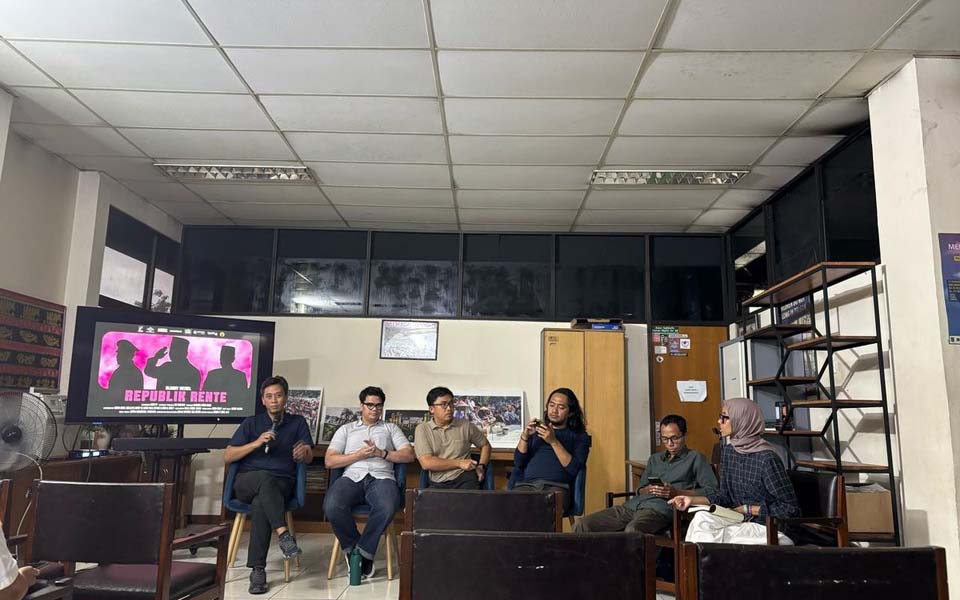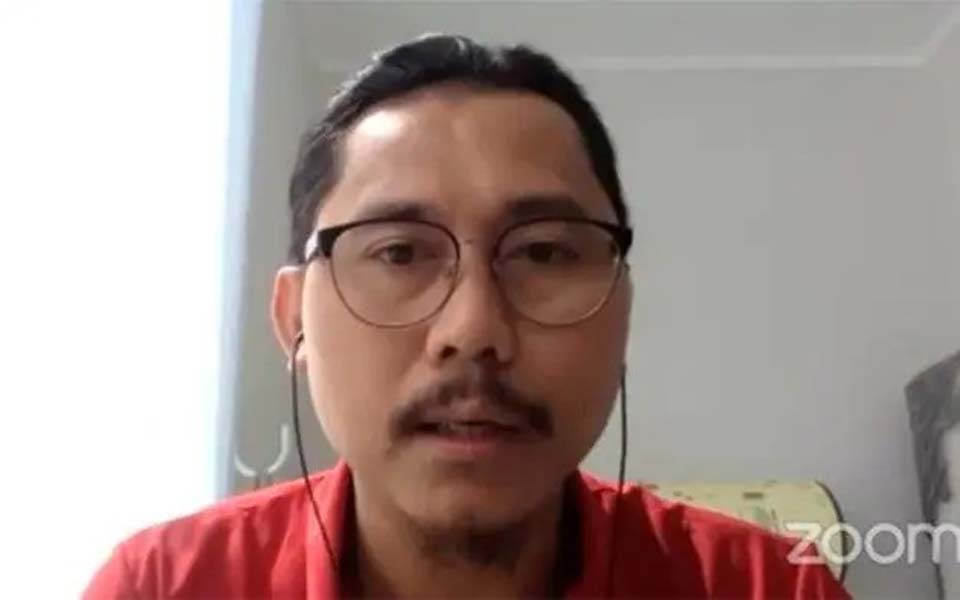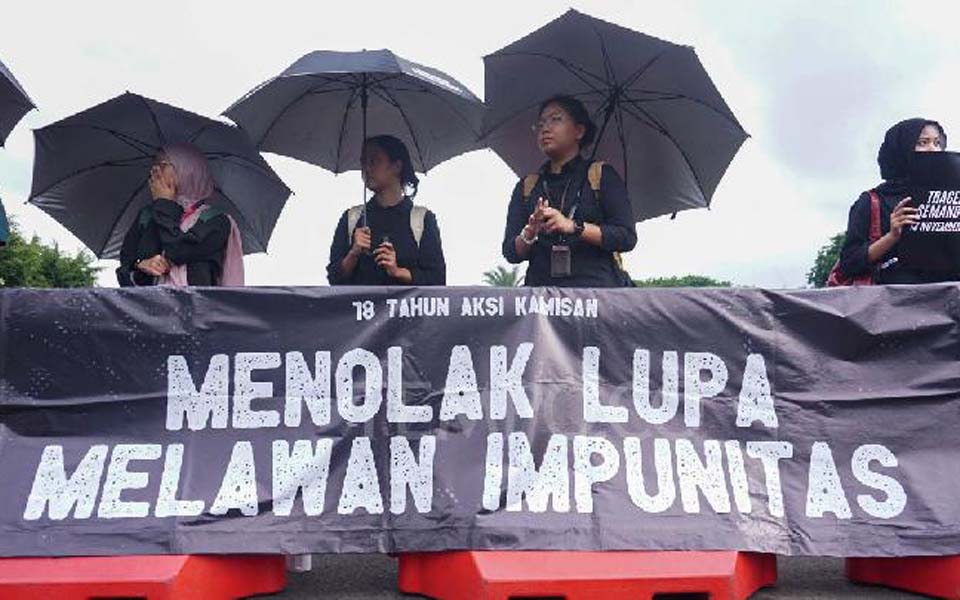Jakarta – Law enforcement throughout 2010 has been corrupt and discriminatory. A joint statement by victims of human rights violations and their families, which were conveyed by the Commission for Missing Persons and Victims of Violence (Kontras) on Sunday January 9, expressed the hope that the government will make 2001 a year of awakening from the bankruptcy of morality and justice.
“Victims are still hoping for improvements for the sake of the nation. [But] We are not just counting on the government alone”, said Kontras Coordinator Haris Azhar when contacted in Jakarta.
Haris said that the victims and families of victims of human rights violations see law enforcement in 2010 as very manipulative. Cases that have befallen the common people such as the theft of a cow are quickly resolved. Cases that involve important people or politicians meanwhile appear to get repeatedly postponed and left hanging.
“The victims and the families of victims have agreed to consistently voice demands for law enforcement and political policies that are just and clearly support the common people. Law and politics must side with the common people. We believe that the current system that is corrupt and discriminatory will not last forever”, said Haris.
The joint statement was signed by the victims of 33 cases of human rights violations. They are the victims of land disputes with the Indonesian military (TNI) in Bojong-Kemang, violence against children, land evictions, the 1965 affair, the Tangerang Friends of Munir, the victims of forced disappearances in 1997-1998, the victims of judicial manipulation and violence, the victims of the Tanjung Priok shootings in 1984, the victims of the Semanggi I and Semanggi II student shootings in 1998-99, evicted Block M traders, victims of malpractice, the criminalised ITC petitioners and the Talangsari Lampung massacre in 1989.
Victims’ demands
The victims are demanding that the state improve the accountability and performance of state institutions, particularly law enforcement and human rights institutions, primarily in ending violence practices and providing guarantees of security and survival for all Indonesian citizens.
“Victims are demanding that their rights be fulfilled and the protection of poor, venerable and minority groups, along with workers, farmers, fisherpeople and groups that have been marginalised”, explained Haris. (ONG)”
[Translated by James Balowski. The title of the articles was Justice – Law enforcement corrupt.]






